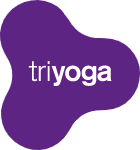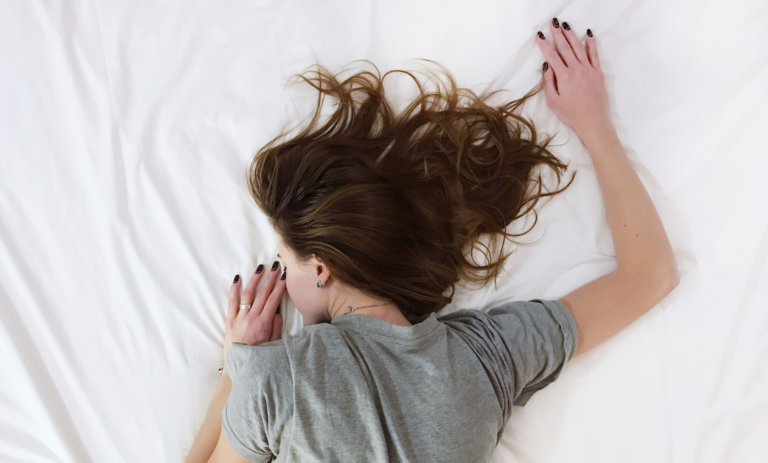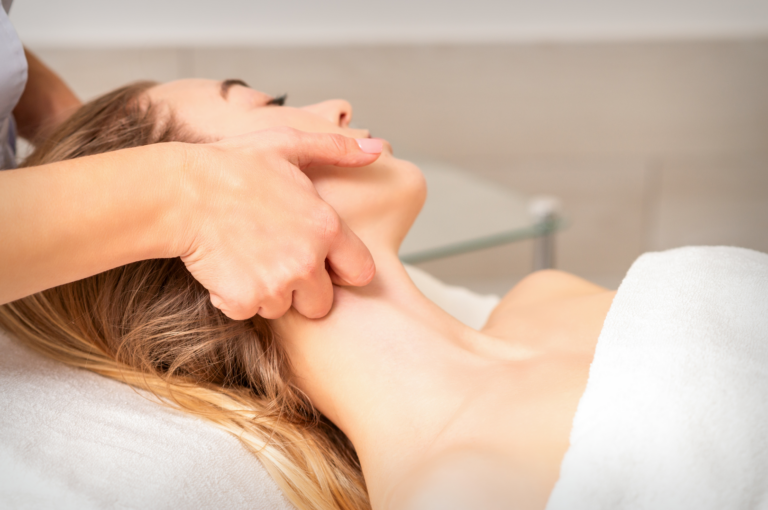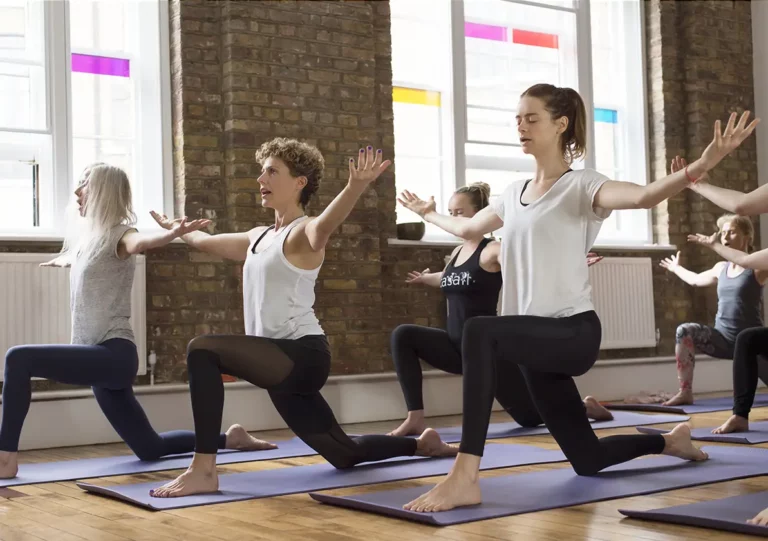The past year has been like no other: the world was asked to pause, introspect and reflect. As we pass the anniversary of the first day of national lockdown, disturbed sleep patterns have become a common occurrence in nearly every age group. A new term has even been coined: ‘coronasomnia’, to describe those who have struggled with sleep since the pandemic.
Disturbed sleep affects nearly 50 – 60% of the population, and is often managed with caffeine and sugar to stay awake during the day and alcohol and sleeping pills to help switch off at night. As an integrative health practitioner, I combine the ancient wisdom of Ayurveda and Yoga with evidence-based functional medicine. This allows me to go deeply into a person’s life history, their daily activities, and their diet to monitor their hormones, gut and so much more, and enables me to identify the ‘why’ behind their disturbed sleep. This helps empower clients to understand what they can do to manage their sleep issues and start to function as their optimal selves again.
Have you been struggling with a good night’s sleep? Let’s discuss some of the common reasons why you may have disturbed sleep and what you can do about it.
- Poor blood sugar balance – most of us correlate blood sugar imbalance with diagnosed conditions like diabetes; however, balancing your blood sugar levels may be the answer to the night wakings. If we do not have a steady supply of glucose overnight, our stress hormones jump into the rescue. This surge of adrenaline is what causes many of us to be wide awake in the middle of the night. Hot flushes can also be treated by managing our blood sugar levels. The key is to make sure you have eaten a balanced, nutritious diet throughout the day to support a steady glucose supply at night. I use a continuous glucose monitor for my clients and together we track how foods are affecting them and whether they are experiencing dips in correlation to their night time wakings. These monitors are an amazing advancement in technology and can really make a difference to peoples’ lives – including our night time lives.
What you can do: Try having a protein rich snack before bed, such as a handful of nuts like almonds or walnuts, or a banana with some nut butter.
- Over stimulation – much of the past year has been spent in front of either a laptop/pc monitor, the television or the mobile phone. These screens emit blue light which is stimulatory to the brain. Disturbed sleep has been increasingly apparent in young children who have been home learning on their computers followed by socialising on games. We know that the overstimulation caused by blue light can offset our natural circadian rhythm and affect the quality of our sleep at night.
What you can do: Avoid screens for at least an hour before bed. Use blue light filter glasses. Most devices also have options to turn on blue light filters which you can set to switch on at set times every day.
- Reset your circadian rhythm – the way our various bodily systems respond to the time of day, year, and the time of our lives is quite incredible. So much research has been done into circadian rhythm and how different hormones are released in response to day and night stimulation. If you find you are sleepy during the day and awake at night, you might want to think about trying a reset.
What you can do: Create a dark, cool environment at night time. Aim for no stimulation via devices or music, and even pay attention to the books you are reading – if you’re finding sleep an issue, you might want to put down that thriller! If you’re trying for a reset, it’s advisable to avoid stimulating conversations just before bed, and opt for relaxing activities such as a warm bath, a relaxing oil massage, a herbal tea, soft music, some breathing exercises instead. In the mornings, avoid lying in bed once awake: instead get up, open the curtains and bathe yourself in sunlight within 30 minutes of waking. You might simply open the blinds or curtains, or, if possible, go out for a morning walk or sit in the garden. This helps regulate the secretion of melatonin, our sleep hormone, which is triggered by darkness, and cortisol, our awakening hormone, triggered by light.
- Digestive issues – many people do not correlate their gut health to their quality of sleep, but recent research has found that those with gut pathogens, or imbalance in their gut bacteria, often report disturbance in their sleep. If you are struggling with digestive issues, no matter how small, and also notice you are not well rested on waking, then you might need to investigate your gut health and get some personalised support.
What you can do: Avoid heavy meals three hours before bed. Take note of bloating, reflux, and any other digestive issues you may have and get them assessed by a qualified practitioner who can support you.
- Ayurveda and individuality – Ayurveda is an ancient science of wellness from the Indian subcontinent and its perspective allows us to delve deeply into the “whys” behind your disturbed sleep. Ayurveda is based on the idea that the world is made of five elements – aakash (space/ether), jala (water), prithvi (earth), tejas (fire) and vayu (air) – and that the way these elements combine produce what are called doshas. We are each a unique blend of all three doshas, and so are unique in our predispositions. Those who are more of a Vata, (air and space) predominance tend to be light sleepers, are often anxious and have ruminating thoughts. This often keeps them awake at night. If you have always been a light sleeper this might be you: if this is a recent change, you may have an imbalance. Pitta (fire and water) predominance can cause one to be wide awake and alert during the night. Pitta people are often ambitious, confident individuals and they are generally good sleepers, but emotional distress or excessive work or exercise can disrupt their quality of sleep. Finally, the Kapha (water and earth) dominant individuals love to sleep, but sleep issues for this dosha can manifest as increasing tiredness and lethargy throughout the day.
What you can do: By balancing the doshas you can support your body to enjoy the deep and restful sleep it deserves.
There are many things that we can do to support our sleep before opting for sleeping pills, and to help break the cycle of dependence we can find ourselves in when disturbed sleep starts to become a feature of our lives. Understanding the root cause of your disrupted sleep, and implementing some simple changes, can help you return to a state of balance and optimal wellness.
Anuja Shandilya offers Ayurvedic and integrative health consultations at triyoga. For more information or to book an appointment, click here.










